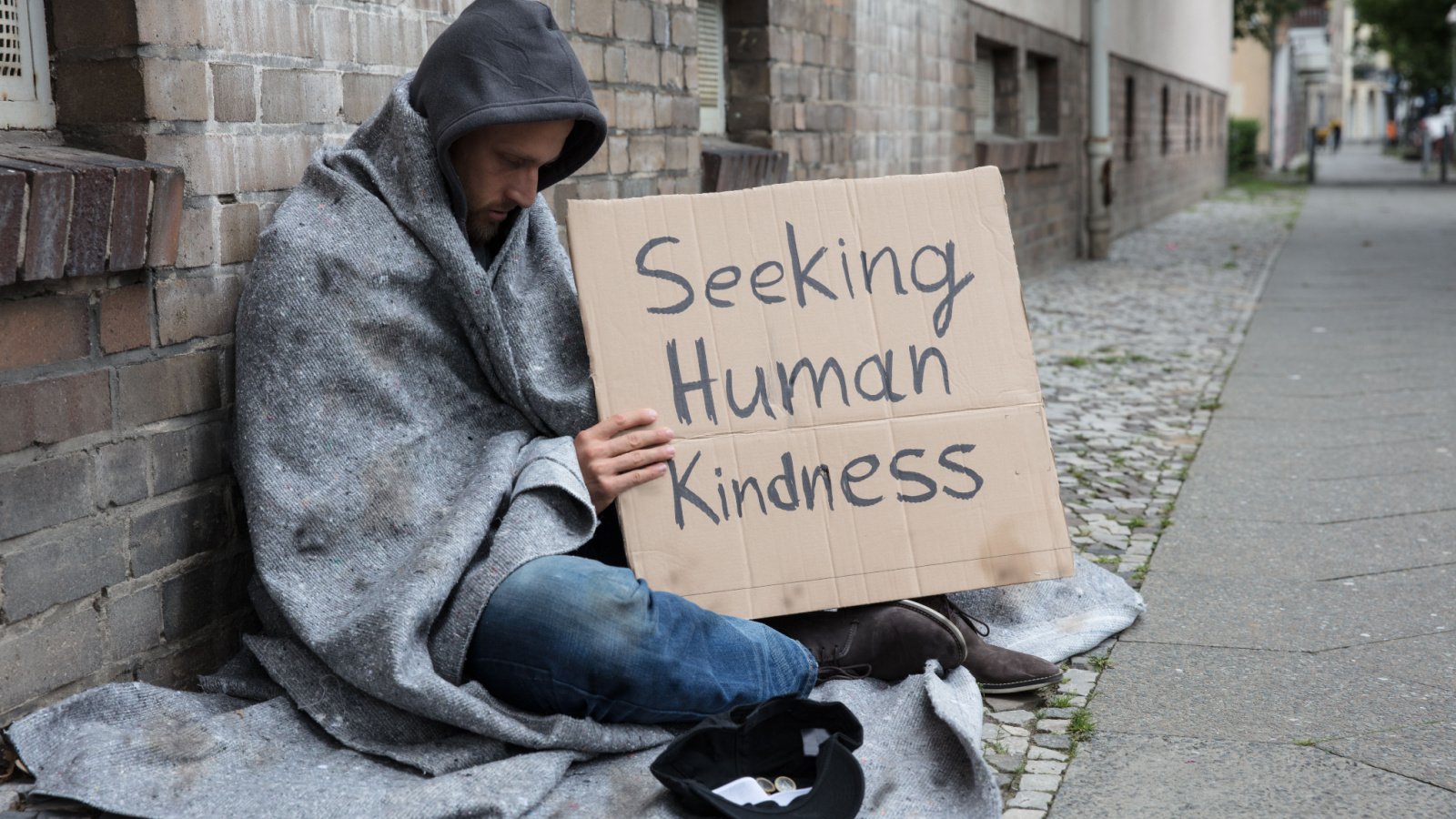The U.S. Supreme Court stands at a crossroads as it considers whether an Oregon city’s ban on using blankets and pillows in public spaces by homeless individuals is constitutional. At the heart of the debate in Grants Pass, Oregon, is not just where one can sleep, but how one can survive the night outdoors. The decision could set a precedent that affects countless lives, deciding whether basic human needs are a matter for law enforcement or social policy.
Supreme Court Leans Toward City Regulation
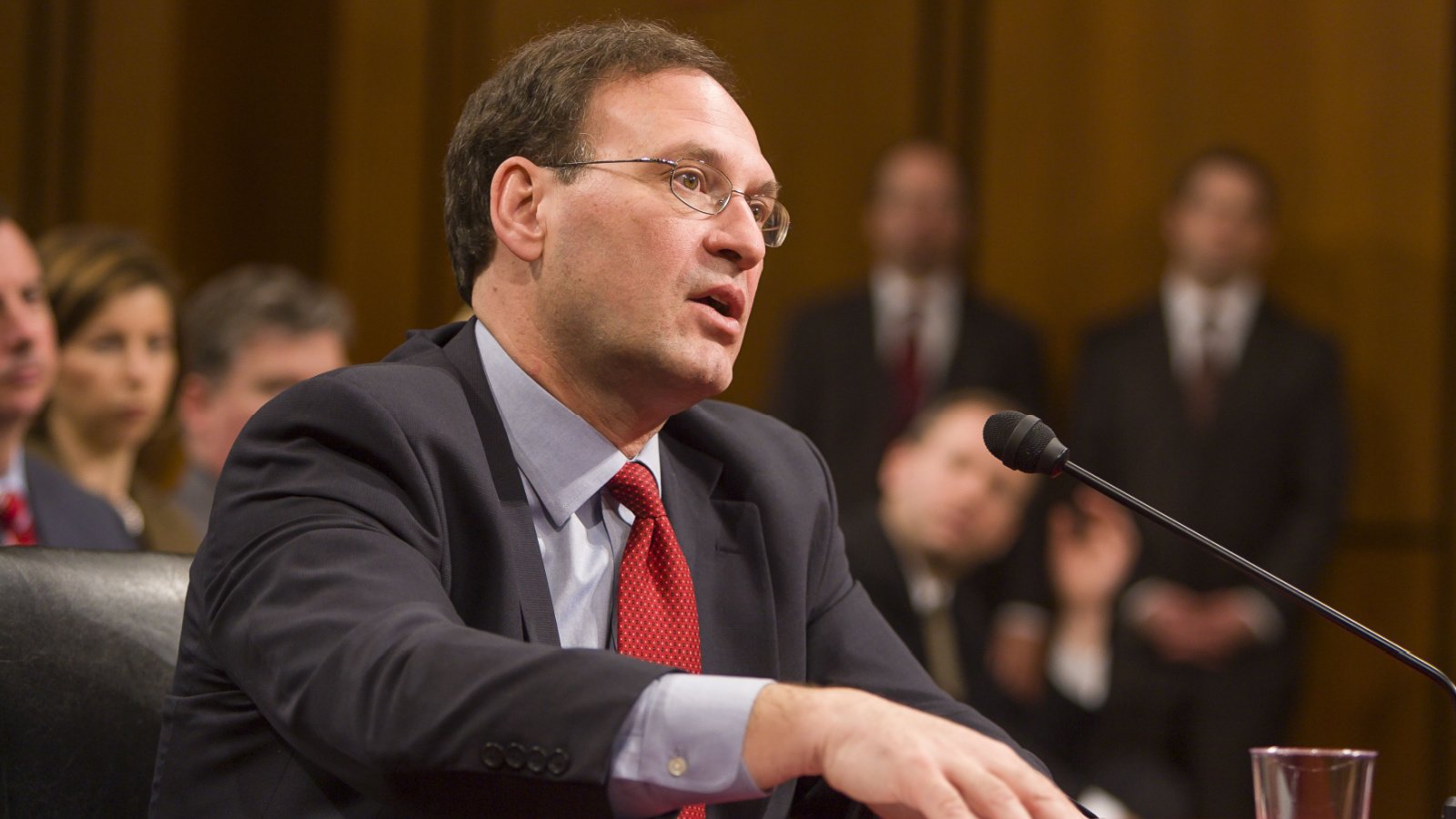
In a pivotal decision, the U.S. Supreme Court seemed to favor an Oregon city’s stringent policies on public sleeping, marking a significant shift in handling homelessness nationwide. This ruling could radically affect the lives of those in makeshift homes and the cities and towns grappling with their presence.
Escalating Homelessness Crisis
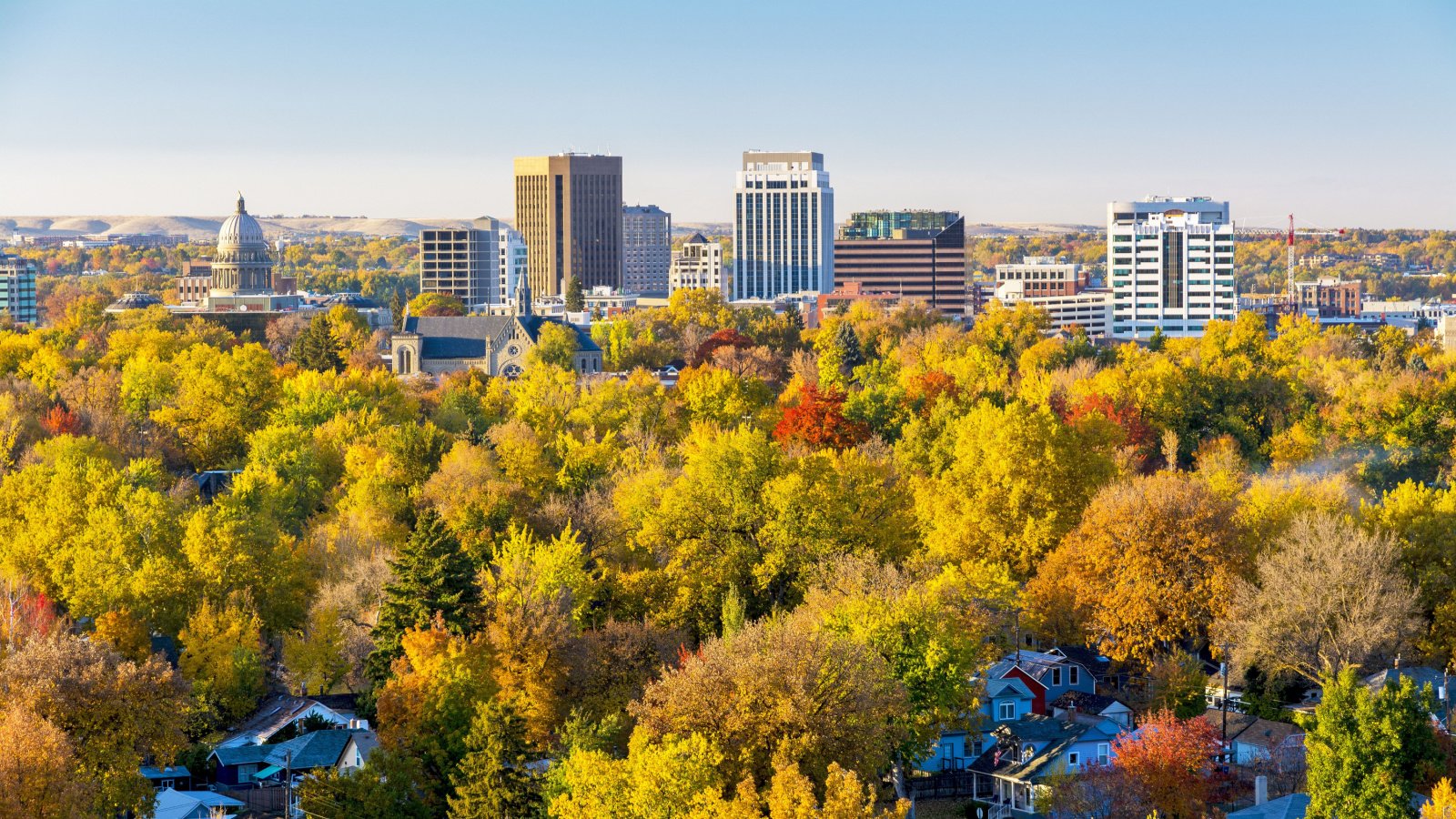
Since the Supreme Court last bypassed a similar case from Boise in 2019, homelessness has surged alarmingly. Reports reveal that over a quarter million people now make their homes in less conventional spaces like parks and vehicles, as encampments spread and tensions in communities rise.
A Nationwide Appeal for Action

Grants Pass, Oregon, with its modest population nearing 40,000, has become a focal point in the national debate on homelessness. Various cities and states, regardless of political affiliation, are calling on the justices to address this escalating dilemma.
Judicial Challenges in Managing Public Spaces

Previous court decisions have restricted cities like Grants Pass from enforcing laws that penalize public sleeping, citing constitutional concerns about treating the homeless harshly. These rulings have sparked a debate on how best to maintain public areas accessible and safe for all.
Legal Boundaries in Question
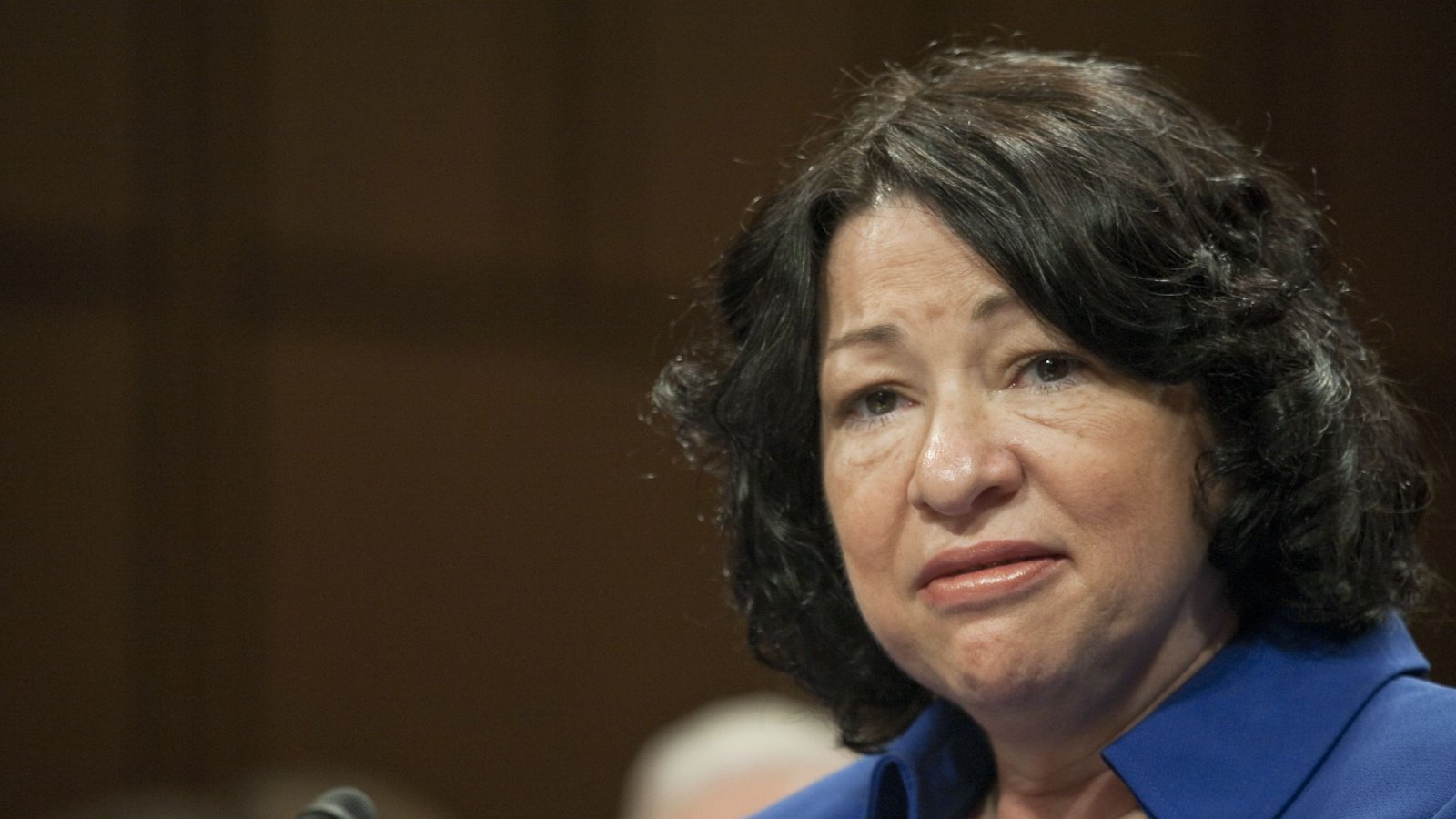
Grants Pass has outlawed the use of blankets or pillows by those sleeping on public property, intensifying the legal battle over the rights of the homeless. During the Supreme Court’s discussions, liberal justices highlighted the potential overreach of such regulations, stressing the basic and biological human need to sleep.
Justices Debate the Essentials of Life
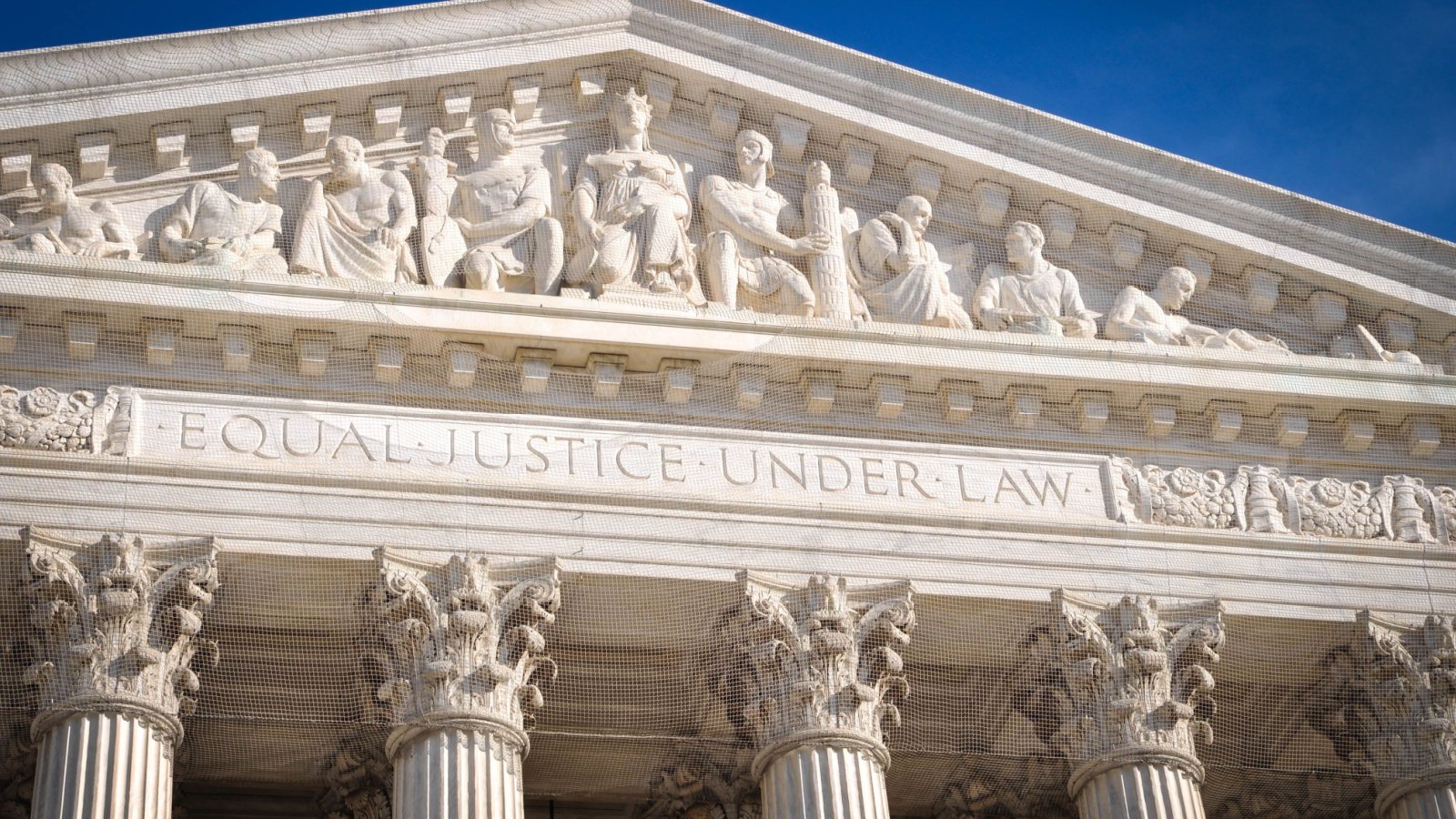
Liberal Justice Kagan argued against criminalizing inevitable human behaviors such as sleeping, likening it to other fundamental activities. Meanwhile, conservative justices pondered the legal distinctions between chosen behaviors and unavoidable human conditions.
Conservative Justices Caution on Court Overreach

The conservative wing of the court repeatedly emphasized the complexity of homelessness as a policy issue. They expressed concern over the judiciary’s role in overseeing detailed management of this social challenge, questioning the extent of their intervention.
Judicial Doubts on Policy Judgment
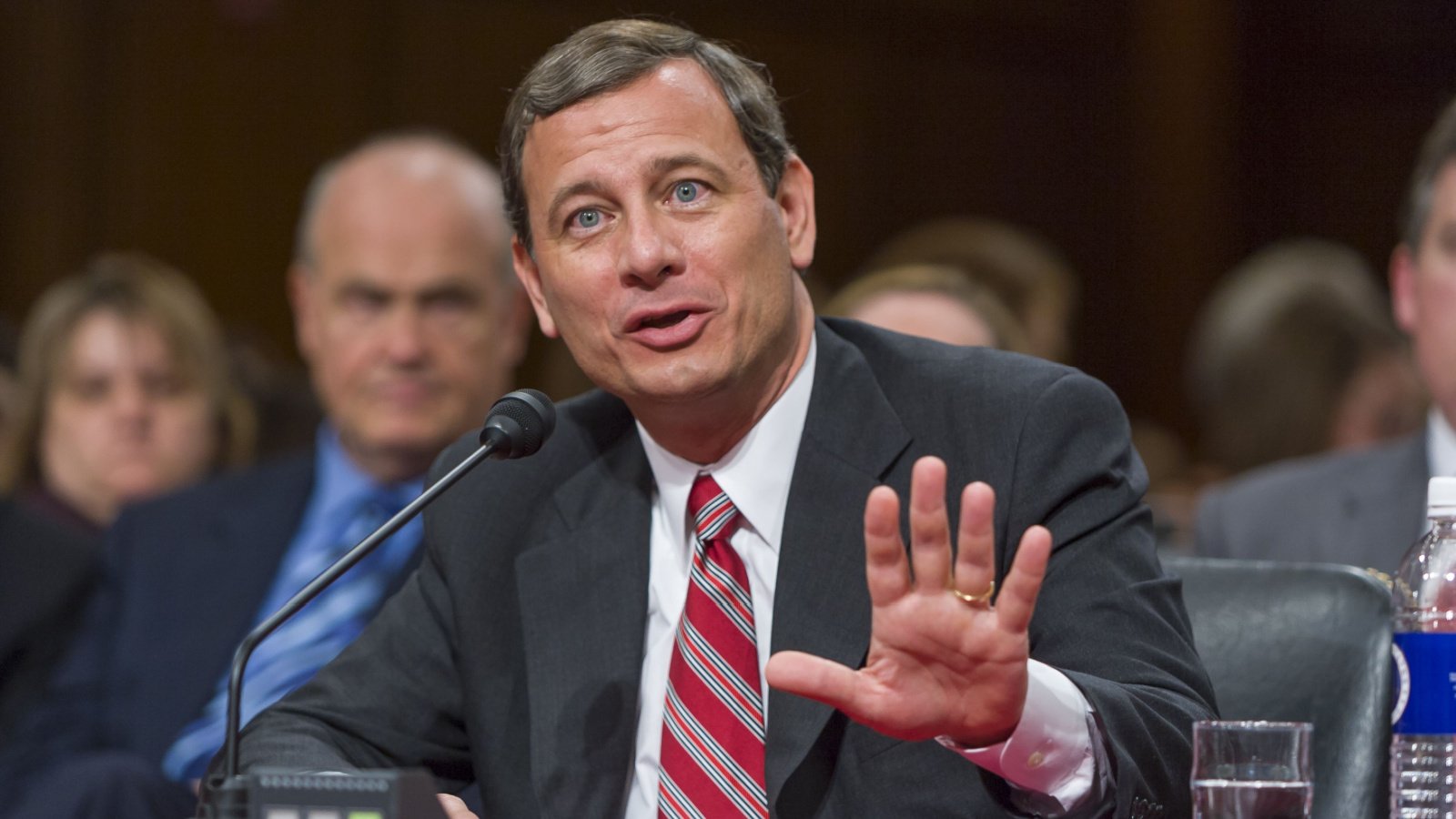
Chief Justice Roberts openly questioned whether the Supreme Court is the ideal body to make nuanced policy decisions regarding homelessness. His skepticism reflects a broader concern about the judicial role in complex social issues that traditionally fall within legislative purview.
The Ongoing Struggle Against Homelessness

Across the U.S. efforts to manage homelessness have led to diverse strategies, from clearing encampments in the west to statewide camping bans, like the recent legislation in Florida aimed at relocating homeless populations to government-managed areas. Despite these efforts, the issue persists, deepened by insufficient shelter and affordable housing options.
Concerns Over Potential Community Responses
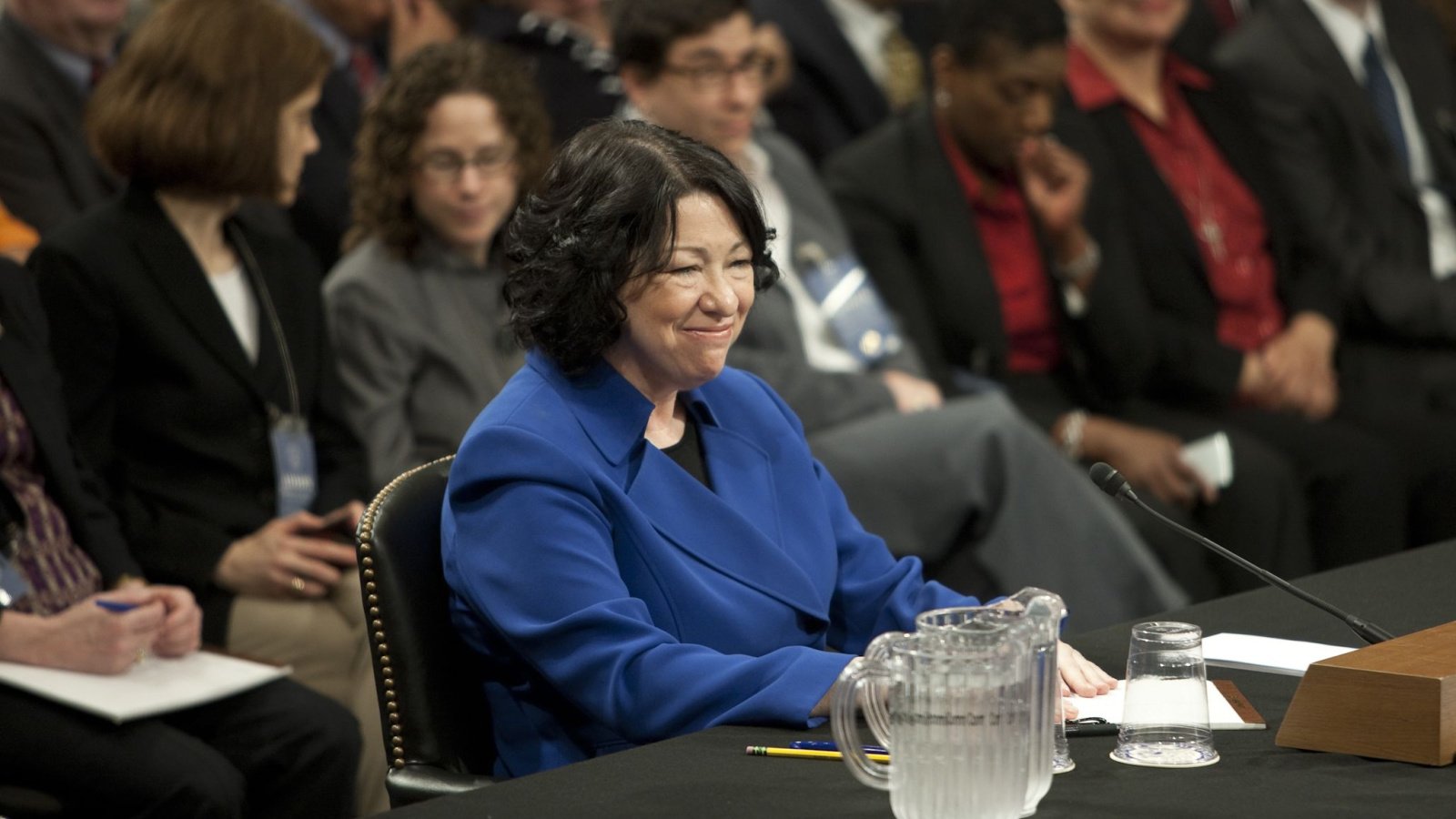
Justice Sotomayor voiced apprehensions about a potential escalation in community efforts to expel homeless populations, fearing a “banishment race” among localities. There is a delicate balance communities must find between managing public spaces and showing compassion toward their most vulnerable members.
A Critical Decision with Broad Implications

As the Supreme Court deliberates, the decision could have far-reaching consequences on how cities handle the visible aspects of homelessness. Regardless of the outcome, the underlying issues of inadequate shelter and affordable housing remain unaddressed, continuing the cycle of homelessness for countless individuals.



